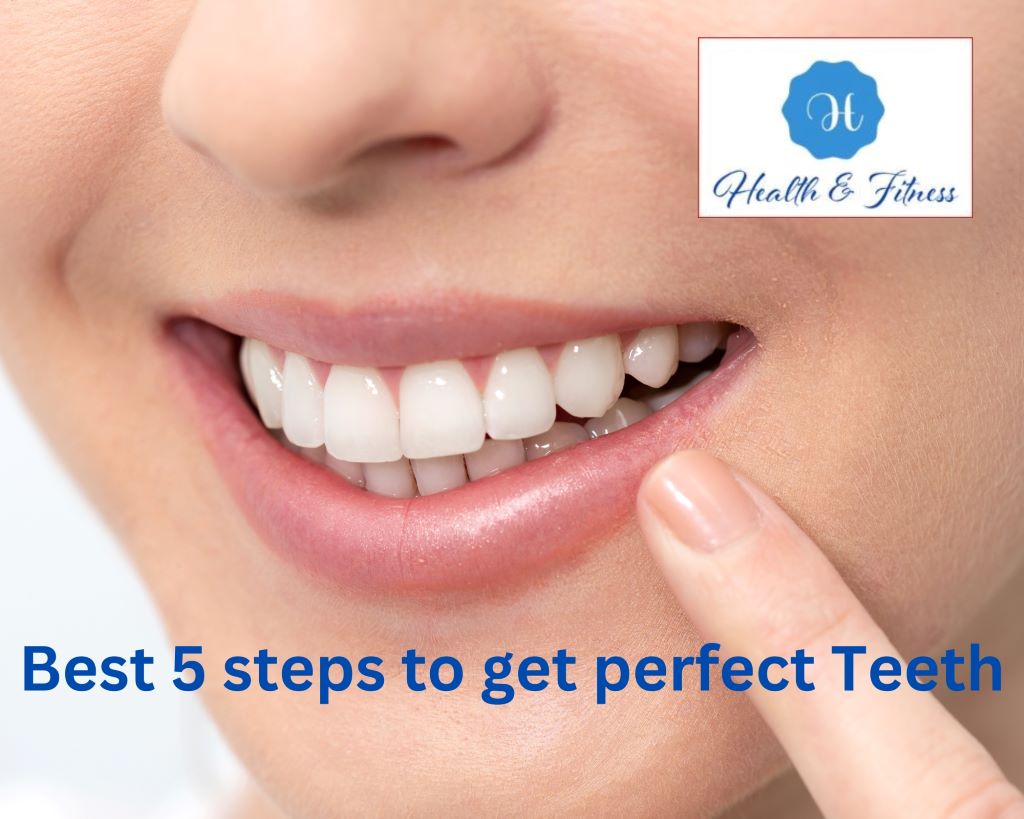Self-Care Tips for Skin: Radiant Skin in 10 Simple Steps
Get glowing skin in just 10 steps! Our self-care tips for skin routine are packed with easy hacks for cleansing, moisturizing, and more. Learn how to achieve radiant skin naturally.
Quick Guide: Self-Care Tips for Skin

Don’t have time for a complicated skincare routine? No worries! In this post, we’ll break down 10 simple self-care tips for skin that will leave you glowing in no time. These are easy steps anyone can incorporate into their daily routine!
Let’s Get Glowing!
Having radiant skin is about more than just using the right products. It’s about incorporating healthy habits into your lifestyle that promote overall well-being.
Top 10 Self-Care Tips for Skin
Here are 10 simple self-care tips for skin that will leave you looking and feeling your best:
1. Cleanse Wisely (Morning and Night)
- Washing your face removes dirt, oil, and sweat that can clog pores and lead to breakouts.
- Use a gentle cleanser formulated for your skin type. Avoid harsh scrubs or hot water, which can strip away natural oils.
- Be gentle! Massage the cleanser in circular motions for about 30 seconds, then rinse thoroughly with lukewarm water. [
2. Don’t Neglect the Moisturizer
- Moisturizer hydrates the skin, keeping it plump and supple. Dehydrated skin can appear dull and rough.
- Choose a moisturizer that suits your skin type. Oily skin might benefit from a lightweight, water-based formula, while dry skin needs more hydrating.
- Apply moisturizer to your face and neck after cleansing, both morning, and night.
3. The Power of Sunscreen (Every Day!)
- Sun exposure is a major contributor to wrinkles, age spots, and even skin cancer.
- Apply a broad-spectrum sunscreen with SPF 30 or higher daily, even on cloudy days.
- Don’t forget to reapply sunscreen every two hours, or more often if you’re sweating or swimming.
4. The Importance of Sleep
- When you sleep, your skin repairs itself from the day’s damage. Aim for 7-8 hours of quality sleep each night.
- Create a relaxing bedtime routine to wind down before sleep. This could include taking a warm bath, reading a book, or practicing meditation.
5. Hydration is Key
- Drinking plenty of water helps to flush toxins from your body and keeps your skin hydrated from the inside out.
- Aim for 8 glasses of water per day. You can also incorporate hydrating fruits and vegetables into your diet.
6. Eat a Balanced Diet
- What you eat can have a big impact on your skin’s health. Choose a diet rich in fruits, vegetables, and whole grains. These foods are packed with vitamins, minerals, and antioxidants that nourish your skin.
- Limit processed foods, sugary drinks, and unhealthy fats.
7. Manage Stress
- Chronic stress can wreak havoc on your skin, leading to breakouts and inflammation.
- Find healthy ways to manage stress, such as yoga, meditation, or spending time in nature.
8. Don’t Touch Your Face!
- Your hands meet germs throughout the day. Touching your face can transfer these germs to your skin, leading to breakouts.
- Be mindful of how often you touch your face and wash your hands frequently.
9. Exfoliate Regularly (But gently!)
Exfoliation is a key step in any self-care routine for skin. It helps remove dead skin cells, which can build up on the surface and make your skin look dull and rough. Regular exfoliation also promotes cell turnover, revealing a brighter, smoother complexion.
However, it’s important to exfoliate gently to avoid irritating your skin. Here are some tips:
- Choose the right exfoliator: There are two main types of exfoliators: physical and chemical. Physical exfoliators use scrubbing particles to remove dead skin cells, while chemical exfoliators use ingredients like AHAs (alpha hydroxy acids) or BHAs (beta hydroxy acids) to gently dissolve them.
- For sensitive skin, opt for a gentle chemical exfoliator with AHAs like lactic acid or glycolic acid.
- For normal or oily skin, you can use a physical exfoliator 1-2 times per week. Look for scrubs with jojoba beads or oatmeal, which are less abrasive than harsh scrubs with walnut shells.
- Don’t overdo it: Exfoliate no more than 2-3 times per week, depending on your skin type. Over-exfoliation can strip away natural oils and irritate your skin.
- Be gentle: When using a physical exfoliator, massage it gently onto damp skin in circular motions for about 30 seconds. Avoid scrubbing too hard, as this can damage your skin.
- Moisturize afterward: After exfoliating, apply a moisturizer to replenish any lost hydration.
Modification for Different Skin Types:
- Sensitive Skin: Skip harsh scrubs and stick to gentle chemical exfoliators with AHAs like lactic acid a maximum of 1-2 times per week.
- Dry Skin: choose to hydrate chemical exfoliators with AHAs or moisturizing physical exfoliators with oatmeal. Limit exfoliation to 1-2 times per week.
- Oily Skin: You can tolerate physical exfoliation more often, but still be gentle. Look for scrubs with jojoba beads or salicylic acid (a BHA) to help control oil production. Exfoliate 2-3 times per week.
By following these tips, you can exfoliate your skin safely and effectively, unveiling a luminous and more vibrant complexion
10. Don’t Forget Your Lips!
Your lips are often neglected in a skincare routine, but they deserve some TLC too! Here’s why you should care for your lips:
- Lips are delicate: They lack the natural oils that protect the rest of your face, making them more prone to dryness and chapping.
- Sun damage: Lips are susceptible to sun damage, which can lead to wrinkles and even skin cancer.
- Appearance: Soft, healthy lips look and feel better.
Here’s how to keep your lips happy:
- Exfoliate: Gently exfoliate your lips 1-2 times per week with a soft washcloth or a lip scrub made with sugar or honey. This will remove dead skin cells and leave your lips feeling smooth.
- Moisturize: Apply lip balm throughout the day, especially before bed and after sun exposure. Select a lip balm that has SPF 30 or above to shield your lips from damaging sun exposure. Choose one containing moisturizing elements such as shea butter, coconut oil, or beeswax for extra hydration.
- Avoid licking your lips: Licking your lips might seem hydrating in the moment, but it dries them out further.
- Drink plenty of water: Dehydration can contribute to dry, chapped lips. Aim for 8 glasses of water per day to keep your lips and your whole body hydrated.
Bonus Tip: Mask It Up!
Treat yourself to a relaxing facial mask once or twice a week. Facial masks can provide a concentrated dose of hydration, nutrients, or other benefits depending on the type of mask you choose. Here are a few popular types of masks:
- Hydrating masks: These masks are packed with moisture-rich ingredients like hyaluronic acid or aloe vera to plump and hydrate the skin.
- Clay masks: clay masks absorb excess oil and dirt from the skin, making them a good choice for oily or acne-prone skin.
- Sheet masks: These pre-cut masks are soaked in a serum or essence that delivers a concentrated dose of nutrients to the skin.
FAQs: Self-Care Tips for Skin
How can I take care of my skin naturally?
Natural self-care tips for skin include staying hydrated, eating a balanced diet rich in fruits and vegetables, getting adequate sleep, and using natural ingredients like honey or aloe vera in DIY face masks.
What are the 5 basics of skin care?
The five basics of skincare are:
- Cleansing
- Toning (optional)
- Moisturizing
- Sun protection
- Exfoliation (1-2 times per week)
What are 5 ways to take care of your skin?
Five essential self-care tips for skin are:
- Cleanse twice daily
- Moisturize regularly
- Apply sunscreen daily
- Eat a balanced diet
- Get quality sleep
What are the 10 basic skincare routines?
A comprehensive 10-step skincare routine includes:
- Oil cleanser (PM)
- Water-based cleanser
- Exfoliant (1-2 times per week)
- Toner
- Essence
- Treatments (serums, ampoules)
- Sheet mask (1-2 times per week)
- Eye cream
- Moisturizer
- Sunscreen (AM)
Conclusion
Taking care of your skin doesn’t have to be complicated. By incorporating these simple self-care tips for skin into your daily routine, you can achieve a healthy, radiant complexion you’ll love. Consistency is crucial! Regular skin care will improve its appearance and feel over time.
I hope this is helpful! Let me know if you have questions.
Read more about
12 Self-care Tips for Students to Stay Healthy and Focused
Mental Health Self-Care Tips: Boost Your Mood in 7 Simple Steps



